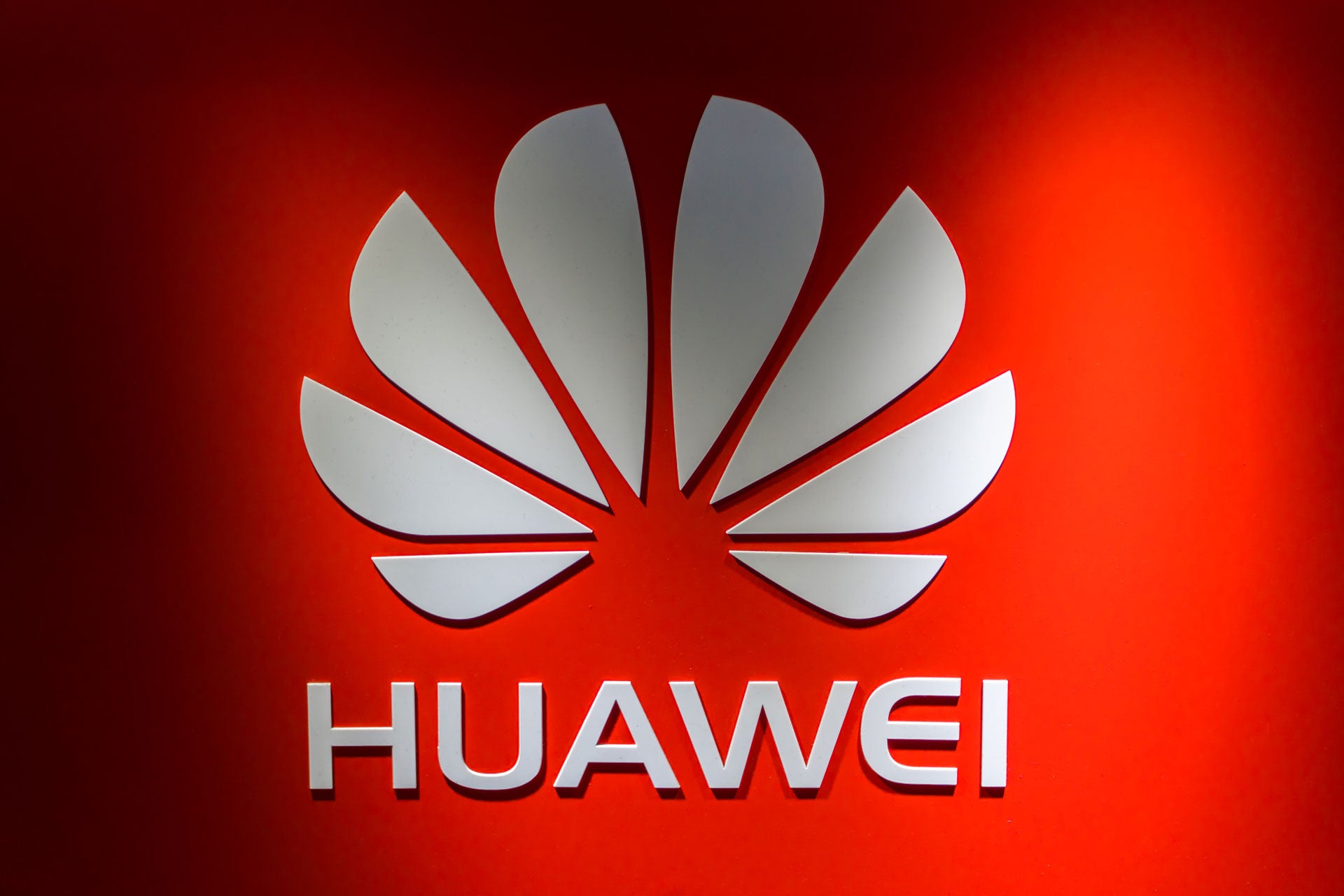This has been a contentious year for Chinese telecommunications vendor Huawei, which has endured both outright bans in some countries, as well as a number of major carriers bowing to government pressure by excluding Huawei from their 5G plans.
The shutting out of Huawei, spearheaded by the US for the last several years, has extended to carriers and/or governments in the UK, France, Australia, New Zealand and Japan to name a few.
There’s a big problem with this backlash: there is zero public evidence of any backdoors or killswitches in Huawei’s equipment, Chinese government-mandated or otherwise. Arne Schönbohm, the President of Germany’s Federal Office for Internet Security (BSI), said as much this week, noting in addition that that Huawei has established a Security Innovation Center in Bonn that will enable security collaboration with the BSI as well as source code reviews.
Huawei has been running a similar center in the UK since 2010 that is overseen by the UK security establishment. While the center’s most recent report expressed concern over oversight of third-party suppliers in particular, it likewise found no evidence of skullduggery.
The Huawei bans are about geopolitics — and they may lead to a fractured internet infrastructure
As the telecommunications industry readies for a capex wave tied to 5G, there’s a strong smell of geopolitics around these accusations.
While its labor costs are still a competitive advantage, Huawei is no longer a fast follower content to knock off Western designs at a lower price. It is one of the industry’s technology leaders.

US Tariffs are shifting - will you react or anticipate?
Don’t let policy changes catch you off guard. Stay proactive with real-time data and expert analysis.
By GlobalDataPrecisely because it has always labored under a cloud of suspicion, Huawei tries harder to show that it is an upstanding industry citizen. It is one of the foremost contributors to networking standards bodies and open source projects. Its European security oversight centers have no equivalent so far from Western vendors. And it tries to facilitate industry-wide conversations on telco digital transformation and operational excellence.
If geopolitics does win out, it is easy to envision the world splitting into Chinese and Western spheres of telecoms infrastructure. If it is shut out of most Western markets, Huawei will likely compete more aggressively on price, and China’s government is more likely to provide attractive state financing.
This combination would make Huawei even harder to beat in emerging markets than it already is. Meanwhile, Anglophone countries would be limited to offerings from Cisco, Ericsson, and Nokia, while close American allies in Asia would choose from those vendors as well as homegrown suppliers such as NEC or Samsung.
This would leave Europe – or at least parts of it – in its familiar battleground role; the rich region with strong IT regulation where vendors from rival economic spheres can compete on an equal footing. In an extreme case where the two spheres find it increasingly hard to work together, they could eventually find it harder to interoperate, slowing the pace of networking innovation.








